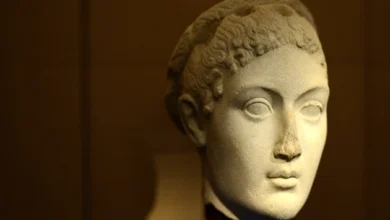How do Africans wash in the driest region of the continent?
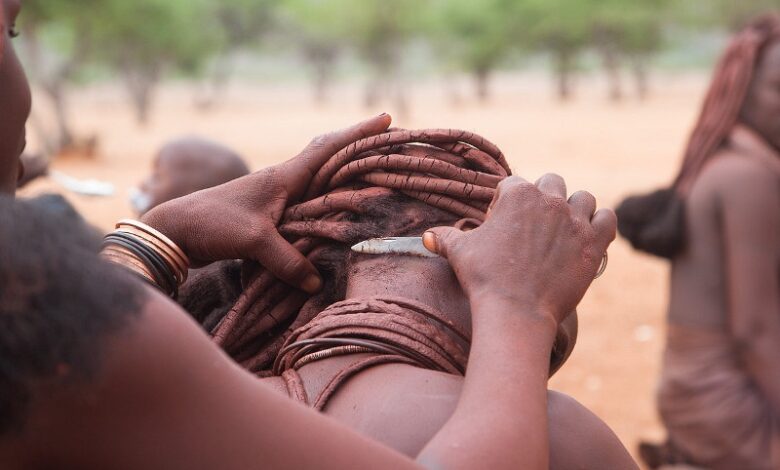
It’s known that the lack of clean water in Africa is a fairly common problem. According to United Nations, some African countries could only access clean drinking water and decent toilets in several centuries: only in 2507 for Eritrea, 2468 for Ghana, or 2180 for Namibia.
Even today, in hot desert regions, washing with water is not an allowable luxury for several tribes. At the same time, they look neat and do not smell. How, then, do Africans maintain hygiene? This is not to say that there is no water at all in Africa. There are wells dug even in the heart of the desert. However, it is not enough for the daily washing of the whole family. Water is a resource that everyone can save and use wisely.
Therefore, there are many ways to wash without water. For example:
Boudin tribe
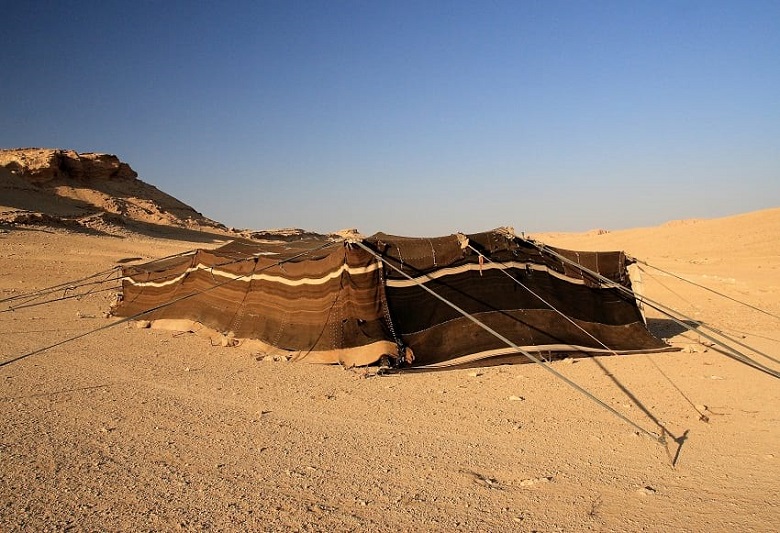
The Bedouins use a curious variant. They wash with sand.
First, a hole is dug, a little deeper than human growth. A fire kindles at its bottom. When a sufficient amount of hot coals has accumulated, the fire partially covers with sand. A man lies down in this pit. On top of it, mixed with fragrant and medicinal herbs, fall asleep with the next portion of sand. It turns out a kind of bath.
By itself, the African sand scorched by the sun is devoid of a pathogenic environment. Gliding over the body, it acts as a scrub, exfoliating dead and keratinized skin particles, sweat, subcutaneous fat, and just dirt. At the end of the procedure, the sand is washed off with a small amount of warm water and wiped off.
Of course, such a bath is not done every day. Once or twice a week. As is customary in civilized countries, complete ablution with water occurs no more than once a month.
The Himba Tribe
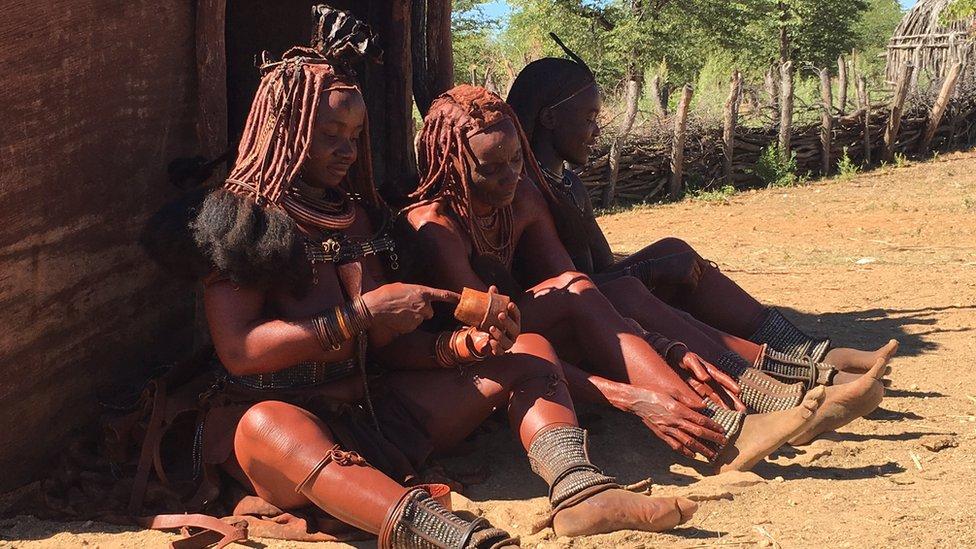
The African Himba tribe has found another way. Men and women set fire to special herbs, sweat in this smoke, and then wipe themselves with a damp cloth. Water consumption comes out very economically.
Also, women rub with a unique solution of crushed tree bark and animal oil, fumigated with smoke. They apply it generously to the body, face, and hair. The ointment not only protects from hot sunlight but also protects against insect bites. The ointment smells like milk and incense.
Of course, there are also radical methods. The African Berdgam tribe, these people experience a superstitious fear of water, and therefore do not wash.
The Bubal tribe
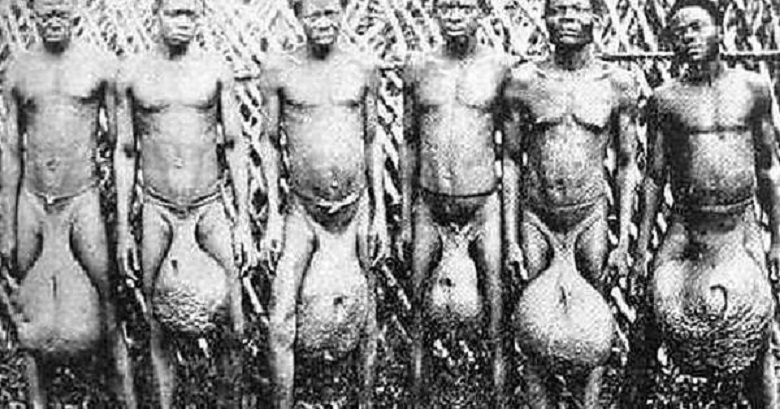
These people wash with cow urine. Urine, in addition to its cleansing function, repels insects and dyes the hair to reddish color. It is also customary for them to drink the blood of pets. When thirsty, they make a small incision and drink.
By the way, this does not harm the animal. There is another shocking feature. The Bubal people eat their cows’ menstrual flow—these makeup for the lack of vitamins in the body.
You’d be surprised, but cow’s excretions are full of iron, magnesium, phosphorus, calcium, and potassium. Admittedly, there is a downside to the coin. Blood leads to irreversible changes in the body of bubals. In particular, it leads to an increase in the scrotum in men.
Of course, there are also radical methods, The African Berdgam tribe. Representatives of these people experience a superstitious fear of water, and therefore do not wash at all.
Thus, washing without water can be done in different ways. Nevertheless, such traditional methods have survived only in regions remote from civilization. In African cities, the attitude to hygiene is the same as in Europe. Things are different near rivers. People either wash with dirty river water or pre-filter it.

